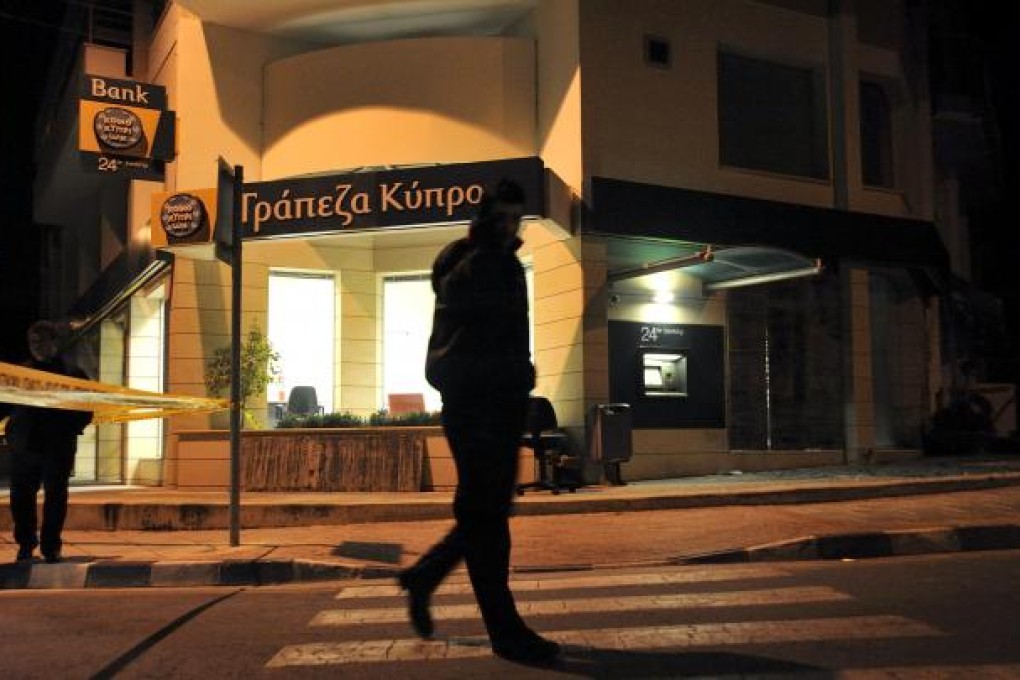
The Cyprus fiscal nosedive comes as a blow to wealthy Chinese immigrants seeking a relatively cheap route to property and residency in the euro zone. Along with Ireland, Spain and Portugal, Cyprus has been offering a property-linked visa programme.
Residency awaits anyone investing €300,000 (HK$3 million) in Cypriot property, while Ireland sets the bar at €500,000 (HK$5 million) and Portugal at €400,000 (HK$4 million).
Parts of Cyprus were apparently already becoming dependent on this cash injection from Chinese immigrant blow-ins. According to the The Guardian, places like Paphos in Cyprus had been doing brisk business with Chinese migrants. But maybe the smart money already saw the Cypriot storm clouds gathering – in February The Guardian predicted this would be the worst-ever year for property purchases on Cyprus, with January’s figures 53 per cent down on the year before. The speculation was that, until recently, Chinese developers were lining up to build houses on the island. Probably not any more.
So back to the drawing board for those seeking a safe haven for their property investments, with or without residency thrown in.
Forgetting the visa for now, which in Europe seems confined to the dodgier economies, a new report from international property watchers IP Global picks the four hottest property markets as Munich, Berlin, London and Istanbul. No residency, but with luck the government won’t grab your cash. Turkey’s looking good; it’s expected to be the fastest growing economy in the developed world by 2017, with an annual average economic growth rate of 6.7 per cent. Property there is mostly freehold and they recently revised property law to allow citizens of 183 nations to own property, allowing in rich Russians, Arabs and Asians. Istanbul house prices grew 17.75 per cent in September 2012, year on year, with rentals up 15.2 percent for the same period, says IP Global.
Berlin and Munich property are also looking good. Bavaria especially has a robust local economy with only 3.7 per cent jobless and strong population growth fuelling a need for more residential housing.
